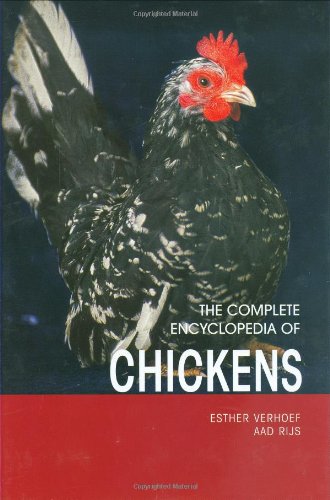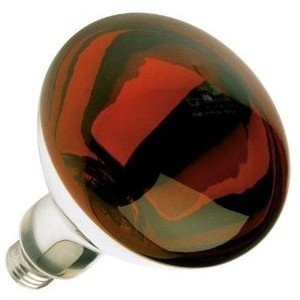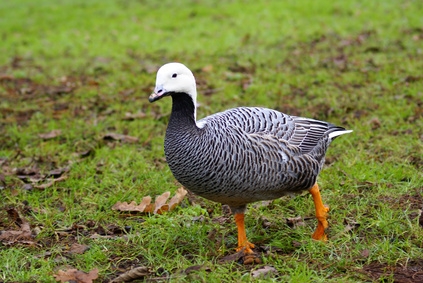
Irrespective of the way ducks get their food whether by scavenging or consuming a full ration, duck nutrition must contain all the required nutrients which are vital for growth, maintenance and reproduction. Their feeding practice partly depends on the total number being raised. In case only a few are being kept and are able to access to areas they can forage, then they may survive, grow and be able to lay eggs by feeding on available foods like insects, frogs, snails, table scraps and green plants.
However, they will grow very slowly and the number of eggs they will lay will be low. Therefore, for increased performance it is essential to practice good duck nutrition by providing them with complete nutrition and commercially made duck feeds or alternatively you can give them either chicken feeds or poultry feed concentrates mixed with grains.
Good duck nutrition needs to contain similar nutrients as chickens', but the amount slightly varies in regard to the ratio of every nutrient to the energy present in the diet. Just like other poultry, ducks do not really need protein but require the individual amino acids present in the dietary proteins.
During digestion, the proteins present in the diet are usually broken down to amino acids which the duck absorbs and uses it to make its own proteins that are used in the body for instance those in feathers and muscles. Some of these amino acids usually, the essential amino acids have to be provided in the diet since the duck is not able to make them from any other sources.
Therefore when formulating duck feed, the main attention is given to meet their requirements of essential amino acids. The level of protein that meets the amino acid requirement for the duck can vary slightly depending on the content of the amino acid of the ingredients employed in each formulation.
Good duck nutrition also includes clean drinking water, and this must be available all the time at least for around 8-12 hours in a day. For market ducks or breeder ducks of above 3 weeks old, it may be essential to shut off water and feed at night to assist in maintaining a dry condition of the litter inside the building. If properly done, the practice will not be harmful and does not have any effect on the performance of the ducks during moderate temperature periods.
For the period when the temperature rises to above 90ºF, water must be available during the evening until a time when the temperature drops to below 80ºF otherwise water must be available throughout the night. Ducklings must be fed on a starter diet from the time they are hatched up to when they are 2 weeks old. The starter diet must be pellets of diameter 1/8 inch or 3.18 mm or crumbles. When they are 2 weeks old, you can feed them on a diet of pellets with a diameter of 3/16 or 4.76 mm.
To promote good duck nutrition, the quality of ducks' feed ingredients is very essential. Grains that have been contaminated with dirt, weed seeds and molds should not be used. In addition, old vitamin or mineral packs must be avoided because their effectiveness is lost with time especially when they get exposed to heat or sunlight.
 The Ancona Chicken
Backyard ChickensThe AnconaA
The Ancona Chicken
Backyard ChickensThe AnconaA
 How to Hatch Abandoned Poultry Eggs
Abandoned EggsAn emergency method of hatching them
How to Hatch Abandoned Poultry Eggs
Abandoned EggsAn emergency method of hatching them
 Bird Watching: Beautiful Birds Seen in Western Australia
Collection of Beautiful Bird
Bird Watching: Beautiful Birds Seen in Western Australia
Collection of Beautiful Bird
 Northern California Bird Identification
Northern California Bird Identification
Northern California Bird Identification
Northern California Bird Identification
 Facts About Parrots
Credit: Martin Robson via Wikimedia Commons
Facts About Parrots
Credit: Martin Robson via Wikimedia Commons
Copyright © 2005-2016 Pet Information All Rights Reserved
Contact us: www162date@outlook.com